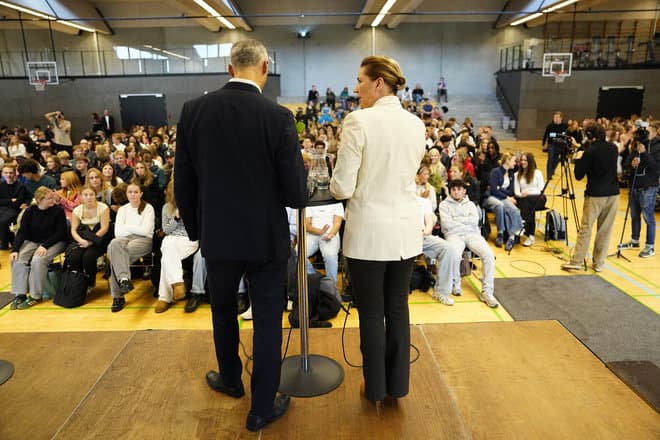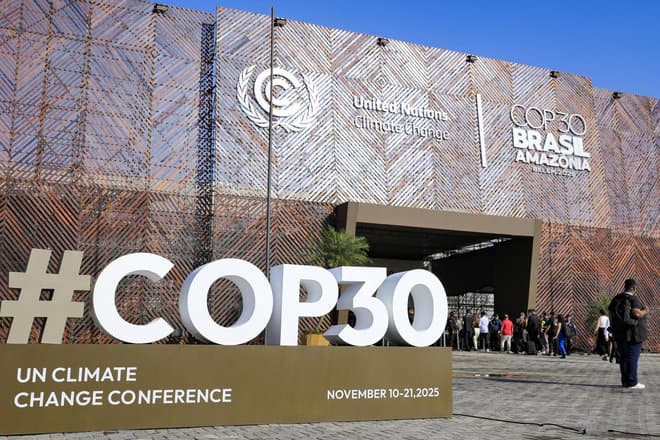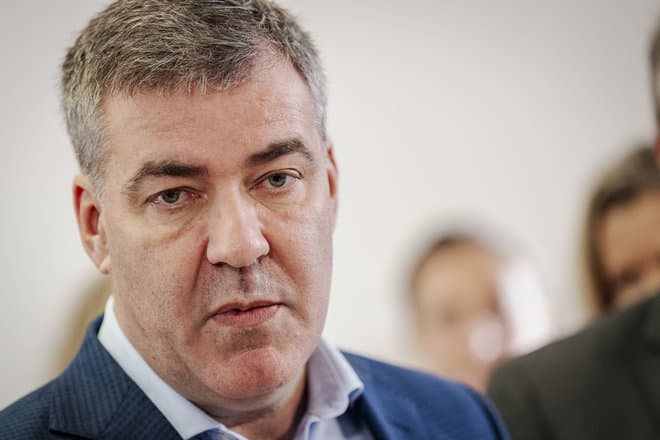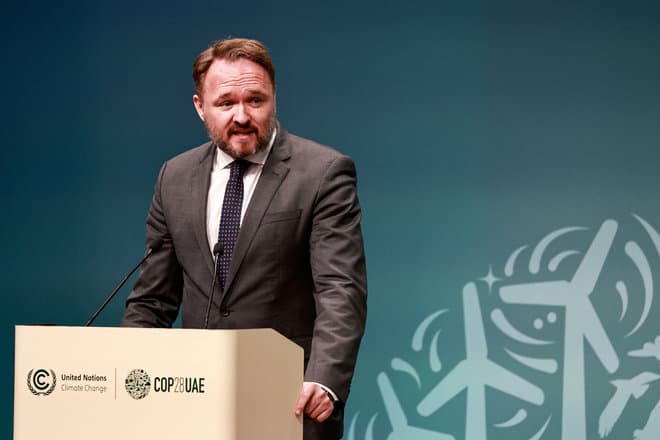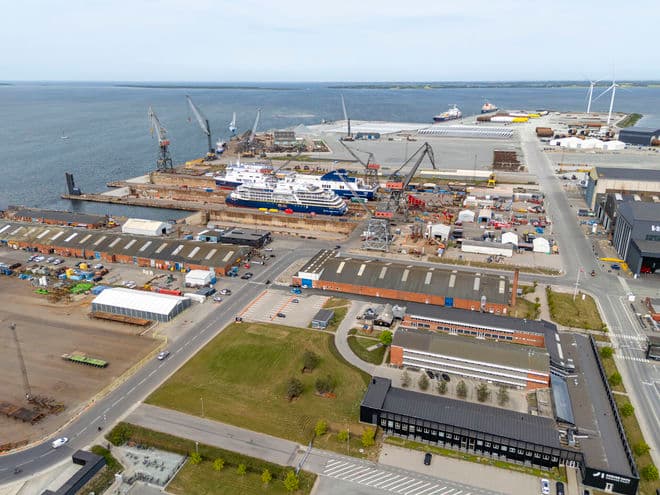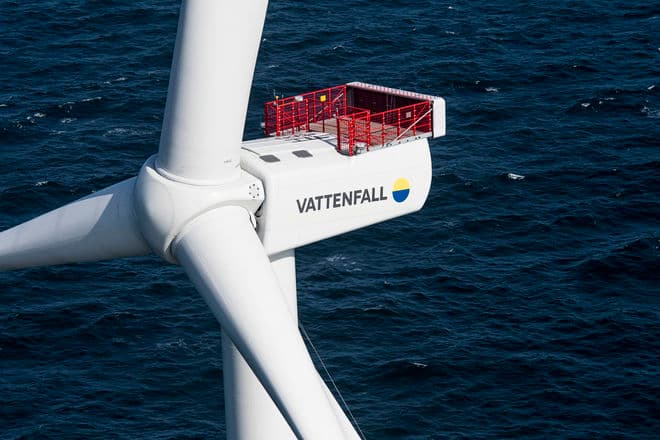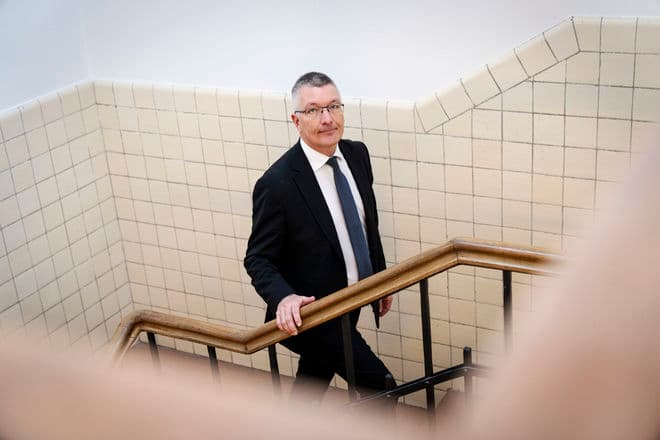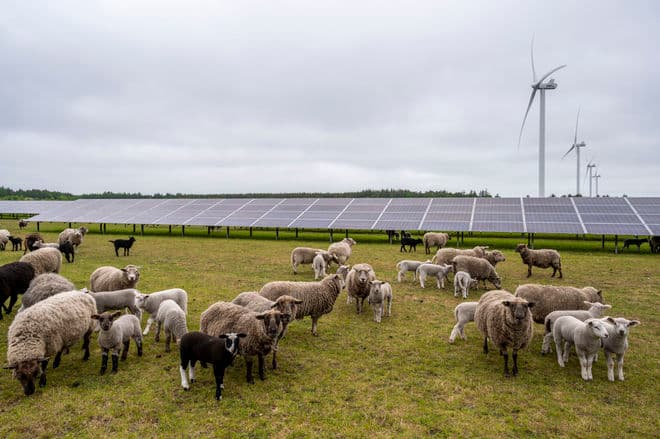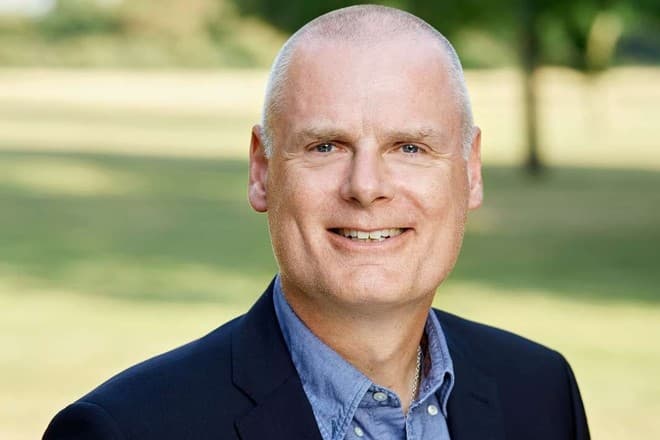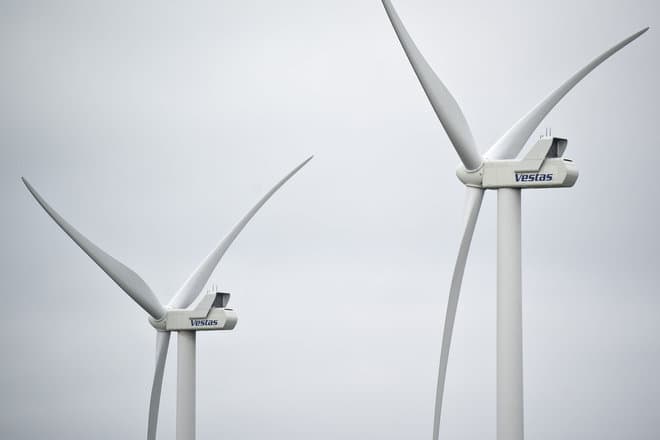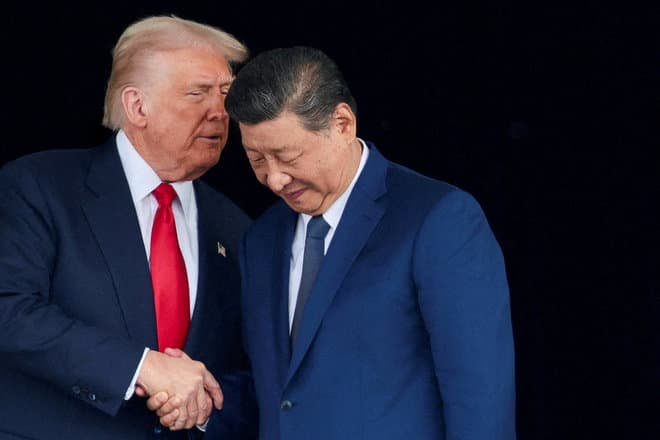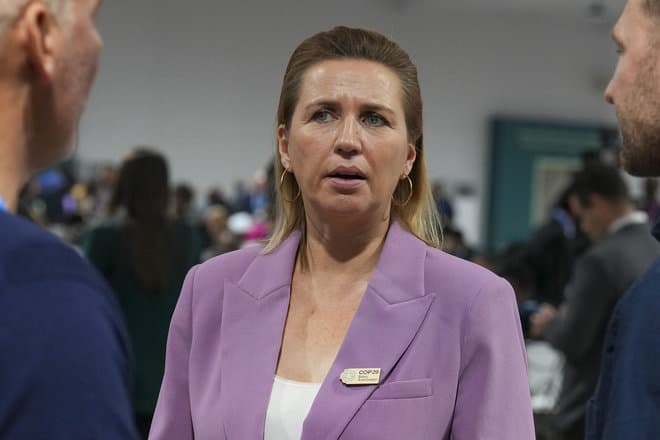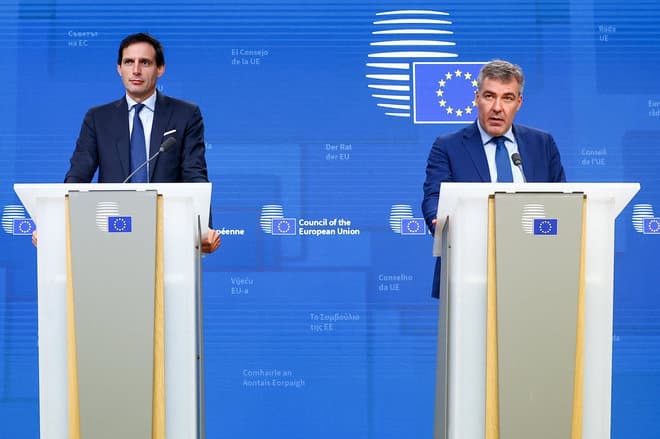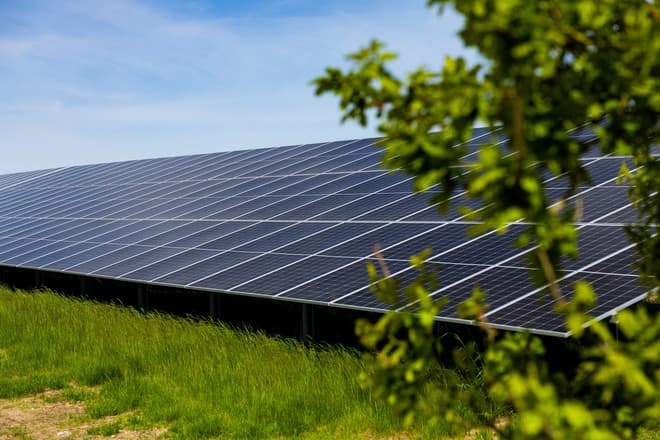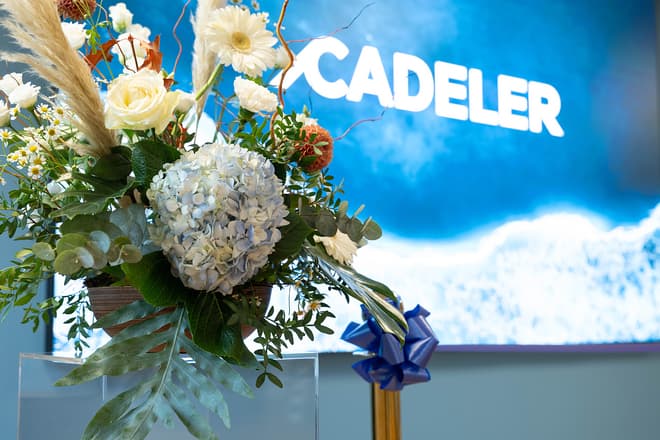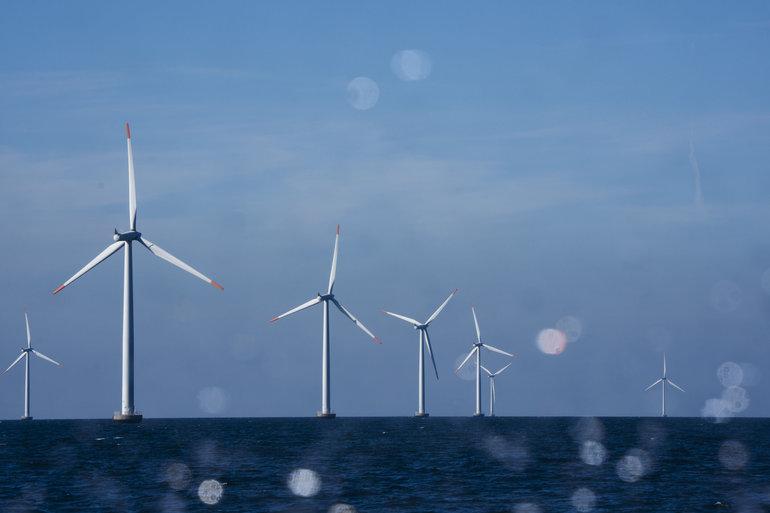
The energy company Ørsted has had to drop two large-scale offshore wind projects in the US because it was not possible to get a good deal out of them. Since the agreement on Ocean Wind 1 and 2 was signed, the Danish company has been overtaken by large increases in both materials and interest rates, and according to the industry organization Green Power Denmark, several other companies are in the same situation.
- We have recently seen lots of projects in the US that have fallen through, and there have been tenders in the UK where no one has bid at all, says Thomas Aarestrup Jensen, director of renewable energy production.
He fears that similar problems may hit other offshore wind projects in our latitudes, because the tender terms have had a skewed focus.
- There has been a tendency to think more about how the treasury can be filled as quickly as possible rather than creating jobs, growth and cheap green electricity. And we have seen what happens if we don't have enough green electricity. Then coal and gas determine what the price will be, says Thomas Aarestrup Jensen.
Need for fast and transparent processes
He calls for Denmark to also consider how best to support the companies that want to build wind farms.
- There is a need for some fast and transparent processes. This will reduce the risk that the project will become more expensive because the time horizon is shorter. And it is also about the public sector being sufficiently flexible in terms of adjusting an agreement if the conditions change.
- Fortunately, we are experiencing increasing attention in most of Northern Europe to the fact that it does not matter how you put together tender conditions and incentives if you want to ensure progress in the green transition, he says.
In the spring, the Ministry of Climate, Energy and Utilities announced that an agreement had been reached for the tender of six GW of wind capacity in the seas around Denmark.
Here, it is a requirement that the state can buy 20 percent co-ownership of the projects, and then bidding rounds are held, where those who want to pay the most to use the areas win the right to build the wind turbines.
/ritzau/
Text, graphics, images, sound, and other content on this website are protected under copyright law. DK Medier reserves all rights to the content, including the right to exploit the content for the purpose of text and data mining, cf. Section 11b of the Copyright Act and Article 4 of the DSM Directive.
Customers with IP agreements/major customer agreements may only share Danish Offshore Industry articles internally for the purpose of handling specific cases. Sharing in connection with specific cases refers to journaling, archiving, or similar uses.
Customers with a personal subscription/login may not share Danish Offshore Industry articles with individuals who do not themselves have a personal subscription to Danish Offshore Industry.
Any deviation from the above requires written consent from DK Medier.


